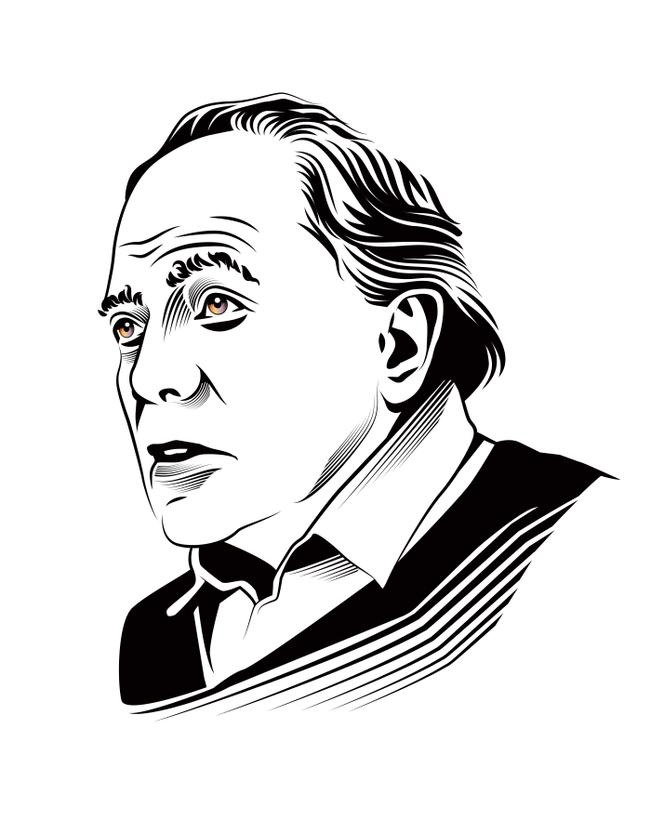


Two years ago, on December 28, 2021, the Russian Supreme Court pronounced the dissolution of Memorial Society, founded in 1987 to establish the historical truth about Soviet crimes and to defend human rights in contemporary Russia. A year later, the NGO was awarded the Nobel Peace Prize.
What is the current state of its struggle, as the Putin government's manipulation of history continues to intensify, while Russian violence increases both in Ukraine and against the regime's opponents? The great historian of the USSR and honorary director of research at CNRS Nicolas Werth answers these questions, and more, in an interview with Le Monde. He is the president of Memorial France.
Many leaders had to go into exile to escape arrest. But some stayed. It's important to understand that Memorial's structure was complex, with many different branches. Two of its central structures, Memorial International and Memorial Human Rights, were dissolved in December 2021. Other entities were not formally banned. Nevertheless, police pressure is constant and activists who remain in Russia are increasingly forced to go into hiding, so that most of Memorial's activities are done in exile.
This led to a reorganization of the society outside Russia, with the creation of a European NGO in June under the name International Memorial Association. Its board of directors met in Berlin at the beginning of December to finalize the statutes and objectives of the new organization. It comprises three Russian branches still present in Russia, three Russian branches in exile and nine European branches, including Memorial France and the Ukrainian branch, the Kharkiv Human Rights Protection Group, whose main activity is now documenting Russian war crimes and crimes against humanity. The latter's presence is very important. Demonstrating our solidarity with Ukraine is a major political focus for the organization.
The most worrying situation is that of Yury Dmitriev [historian and Memorial member], who has been detained since 2016 and was sentenced to 15 years in 2022. The rare news we have of him is not good. He's in a strict-regime penal colony in Mordovia. He's going on 70. His health is poor. There is no hope of early release.
We're also worried about Oleg Orlov [founding member of Memorial], who was sentenced to a very heavy fine in November for his repeated protests against the war in Ukraine. The prosecution has appealed and is trying to prove that he was driven by "ideological and political hatred of Russia," an aggravating circumstance that, if upheld, would open the door to a lengthy prison sentence.
You have 75% of this article left to read. The rest is for subscribers only.
